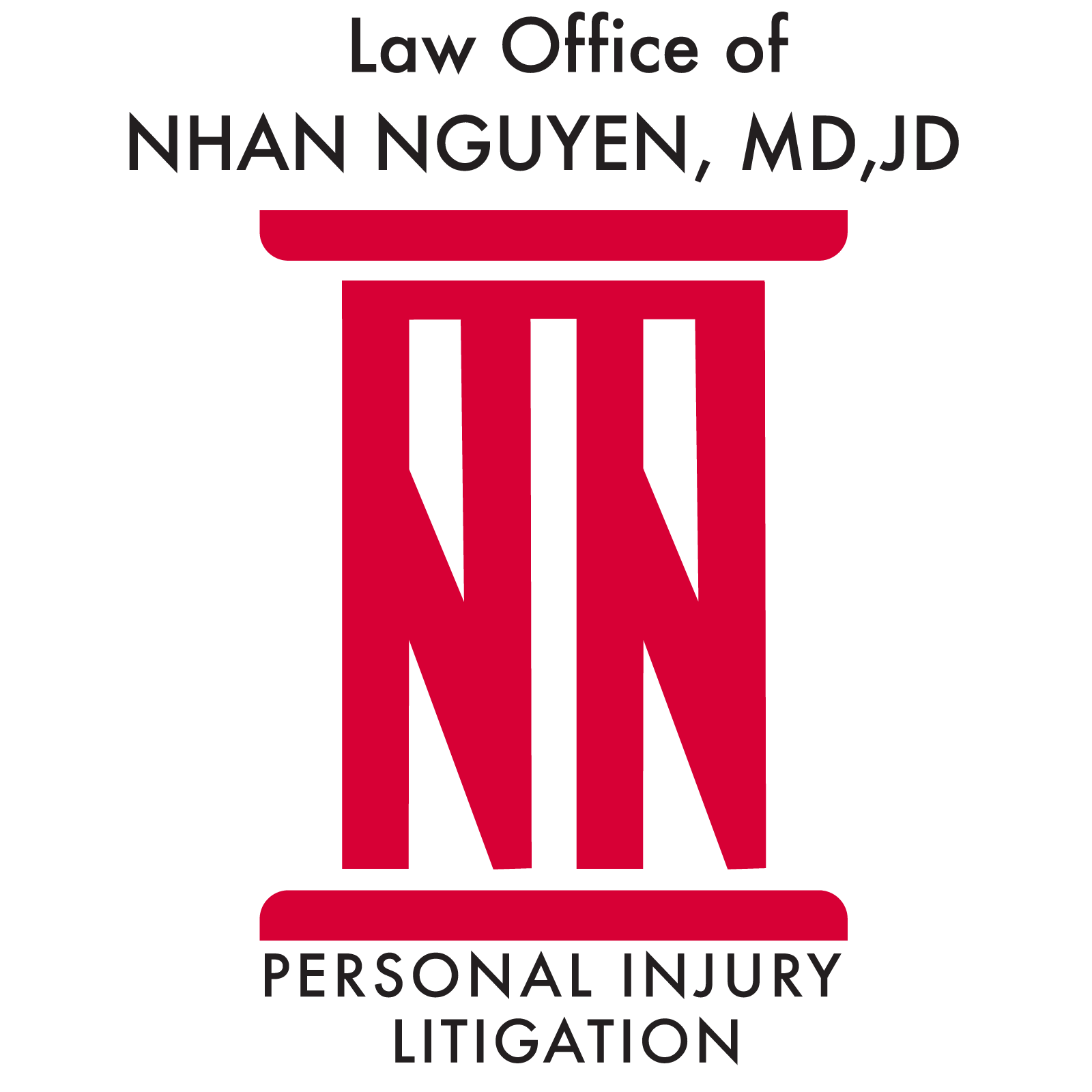When pursuing financial compensation after a serious accident, you will likely encounter some unfamiliar terms. One such term is subrogation. This is when your insurance provider brings a lawsuit against a third party in order to seek reimbursement for what was spent on your bills. The intention of subrogation is to save the insurance company from having to pay for damages it is not liable for and to prevent the injured party from recovering double the compensation for the same accident.
What Is Subrogation?
The definition of subrogation is to stand in the position of another party or to act as a substitute. Within personal injury law, subrogation refers to an insurance provider standing in the place of another party to pay for a victim’s bills and damages. Usually, subrogation applies to either car accident insurance claims or health insurance benefits. In either case, the insurance provider that paid the client will seek reimbursement from a third party.
Subrogation during a personal injury claim ensures that a victim does not recover twice for the same incident. If the insured has already obtained payment for his or her medical costs from an auto or health insurance provider, that party should not be allowed to recover compensation from a personal injury lawsuit. This would essentially pay the victim twice for the same losses.
Instead, if an insurance provider has already paid of the debts of a claimant, it will be the insurance provider that has the right to bring a third-party lawsuit for these expenses, not the injured party. Because the insurance provider paid for damages when the client was not at fault, it may bring a claim to replace what was spent, and the insurance provider will seek reimbursement through the subrogation process.
How Does Subrogation Work?
Following a Texas car accident, you require immediate medical treatment. If you are unable to pay for this care, it does not mean you cannot seek treatment. Instead, an insurance provider will come in to cover your bills, such as your auto insurance or health insurance company.
After you have received medical treatment, your insurance provider will send you a form requesting additional information about the accident. This form is used to determine if there is someone else financially liable for the accident, and if so, your insurer will inform you of its intent to pursue a subrogation claim. You are legally required to cooperate with this type of claim and cannot waive subrogation.
Your insurance provider is able to seek subrogation directly from the at-fault party, from the at-fault party’s insurance company, or from a settlement or judgment award you receive from the accident. How the insurer chooses to pursue subrogation will depend on the company and the factors of your injury case.
Subrogation and Your Houston Personal Injury Settlement

Subrogation is an action available to insurance providers to prevent them from paying for damages it legally is not liable for paying. If subrogation is successful, it will not only reimburse the insurance provider, but it will also reimburse the injured party for any money spent on insurance deductibles.
Subrogation may not require your direct involvement if your insurance provider goes straight to the at-fault party for reimbursement. If the insurance provider places a subrogation lien on your settlement or judgment award, however, you should expect an amount of your award to go to the insurance provider immediately after winning your claim.
You will need to pay off any liens against your settlement or judgment award before accessing the remaining amount. With a subrogation lien, the amount of money your insurance provider spent on your medical costs will be deducted from your final award. Then, the remaining amount will be divided to pay for legal fees, lost income, property repairs, and other damages.
For more information about a subrogation claim during a personal injury lawsuit in Texas, consult with qualified Houston personal injury lawyer at West Loop Law and Law Office of Nhan Nguyen, MD, JD.
Houston Car Crash Attorneys
Car crashes are life-changing events. A wreck can be physically, financially, and emotionally draining. Injured parties need to consult with a qualified Houston car accident attorney to understand their legal rights to compensation. If you or a loved one has been seriously injured in an accident in Texas, you need to know that you are not alone. West Loop Law and the Law Office of Nhan Nguyen, MD, JD is here to pursue the compensation you need to pay for your damages. Nhan Nguyen, MD, JD and Nader A. Rabie, JD, treat every case with equal importance and focus on getting the effective results our clients deserve. Contact our law offices today at 713-840-7200 to see how we can help.


Recent Comments